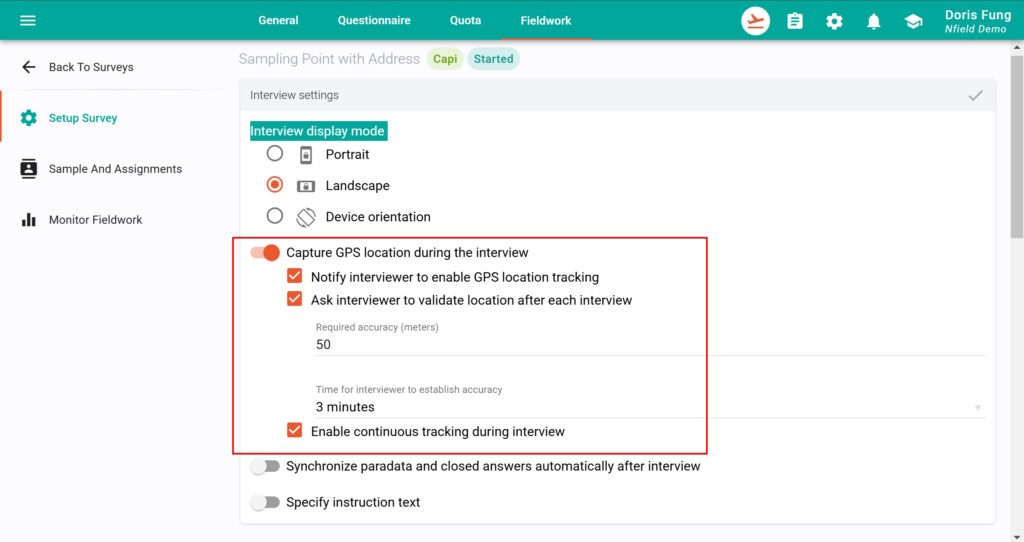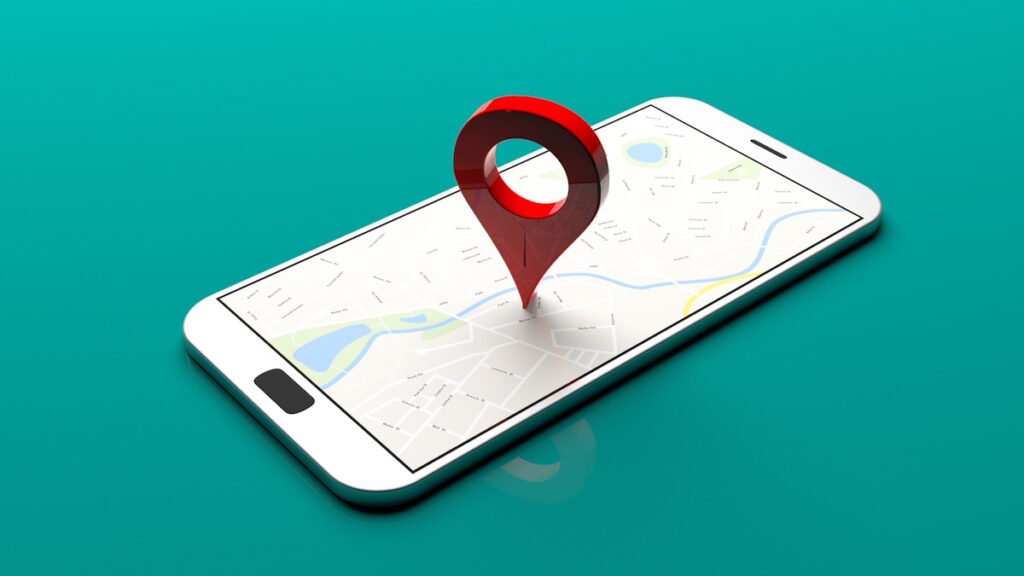GPS logging is a game-changer when it comes to improving accuracy, reliability and relevance of market research surveys. From conducting face-to-face interviews to mystery shopping and retail store auditing, GPS logging brings additional layers of insight that let you work smarter and deliver more meaningful results.
Here’s an overview of what GPS logging is, and how it benefits market research.
What is GPS logging in surveys?
GPS logging is the process of capturing and storing geolocation coordinates at the point where market research interviews are conducted. These coordinates are tied to the survey responses, providing precise geographical context.
GPS logging leverages existing GPS functionality in the smartphones and tablets used to record interview responses.
Why use GPS logging in market research?
1. Location verification reduces risk of fake responses
GPS logging provides a powerful means of validating survey data and assuring its integrity. It enables researchers to track exactly where fieldwork is being carried out, to ensure it’s taking place in the intended locations. For example, in mystery shopping or retail audits, GPS coordinates can confirm that interviewers actually visited the specified stores or locations. Using GPS logging thereby reduces the risk of fraudulent or fabricated data, which is the case when surveys are filled out remotely instead of at the designated site.
2. Enhanced location-specific insights
Because GPS logging enables researchers to map survey responses geographically, it also delivers insights into regional or location-specific trends. For example, a beverage company may discover that consumer preferences vary significantly between urban and rural areas, and this helps them fine-tune their distribution strategy.
3. Improved fieldwork management
For studies involving large-scale field teams, GPS logging enables real-time tracking of interviewer activity. This is helpful for ensuring full coverage of assigned areas, as supervisors can monitor progress and adjust fieldwork schedules dynamically to optimize efficiency.
4. Enriched insights through correlations with external datasets
GPS data can also be enriched with external geospatial datasets, such as demographics, traffic patterns, or weather conditions. This adds another dimension to market research insights, revealing correlations that might otherwise go unnoticed.
In summary, GPS logging enhances market research survey quality and efficiency in many ways, making the results even more valuable.
Utilizing GPS logging in Nfield surveys
GPS logging is easily applied in Nfield surveys via three different options:
- Location capture at interview start: verifies the location where questioning began.
- Location capture at interview end: verifies the location where the final response was entered.
- Continuous GPS tracking throughout interview: records location where each question is answered. This monitoring of movement throughout the interview provides deeper behavioral insights and goes further in preventing fraudulent responses.

Learn more about GPS logging and how to integrate it in Nfield surveys
To explore GPS logging in deeper detail and learn how to integrate it effectively into your market research activities, check out our NIPO Academy session Academy 57: GPS location fix.

